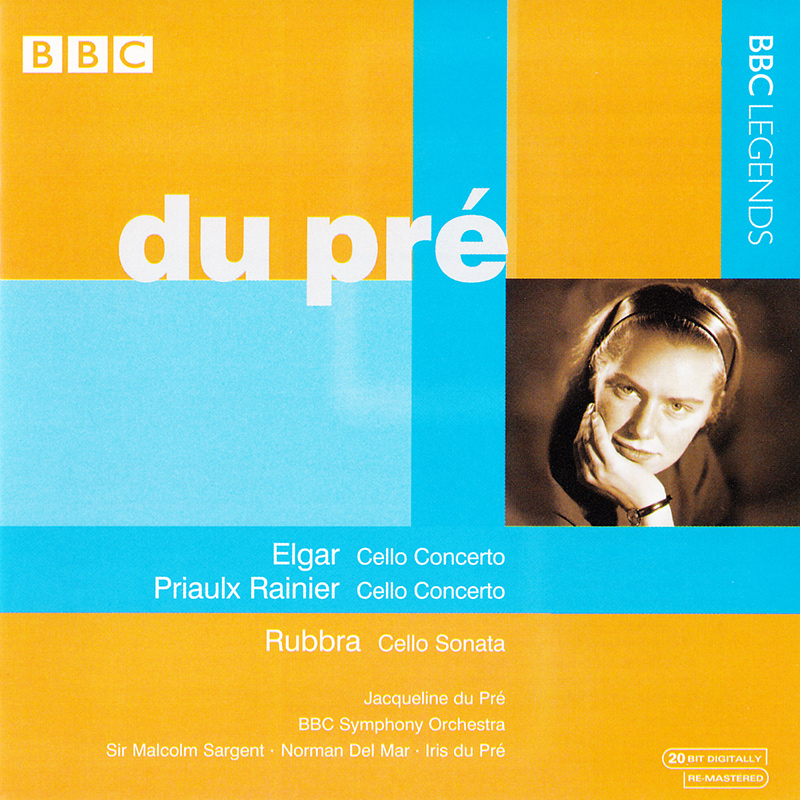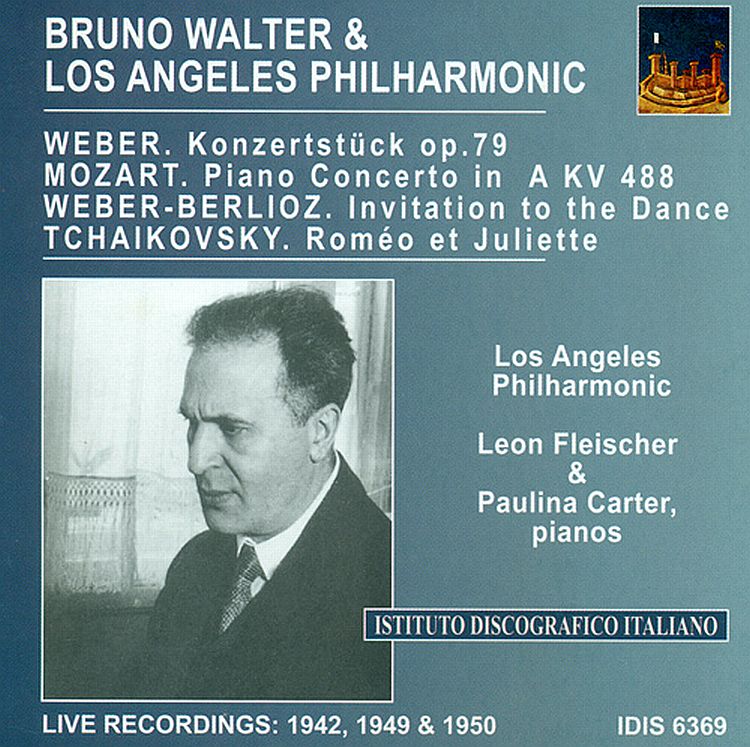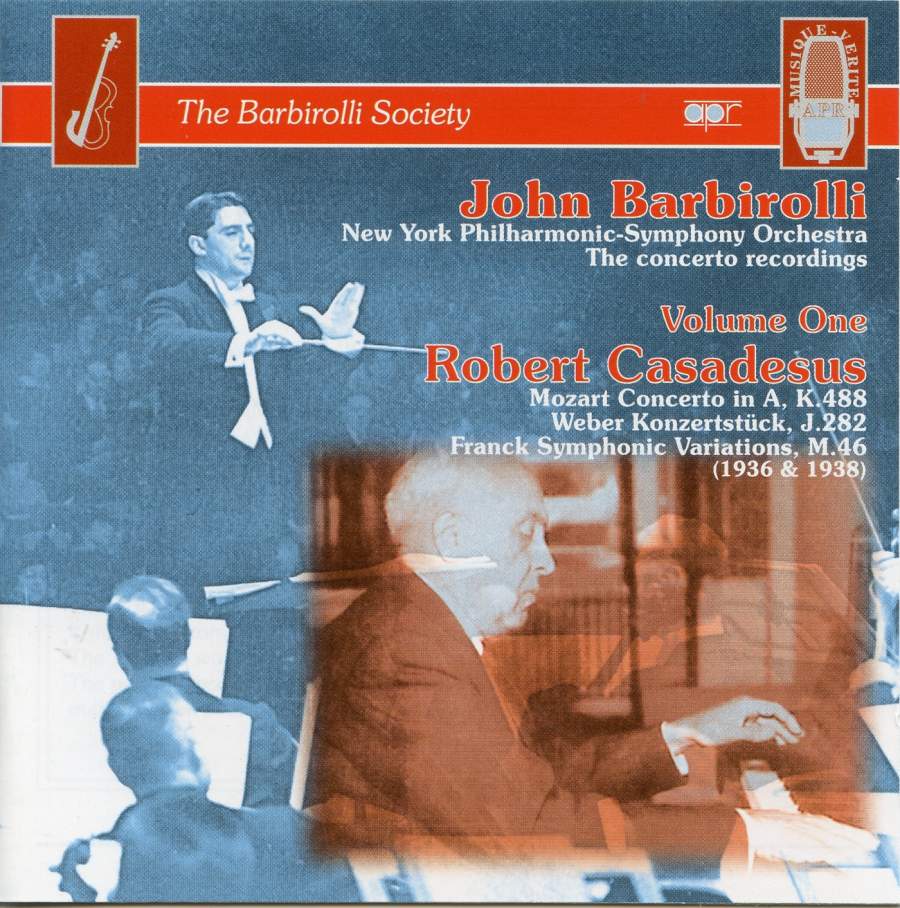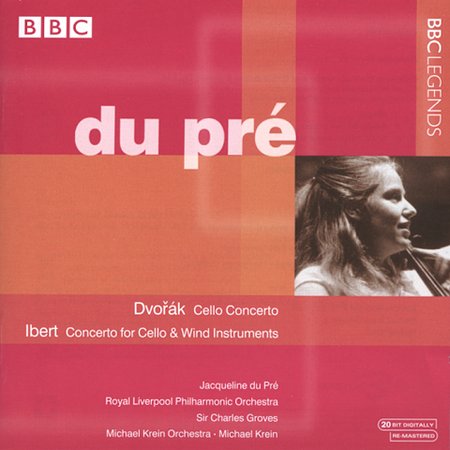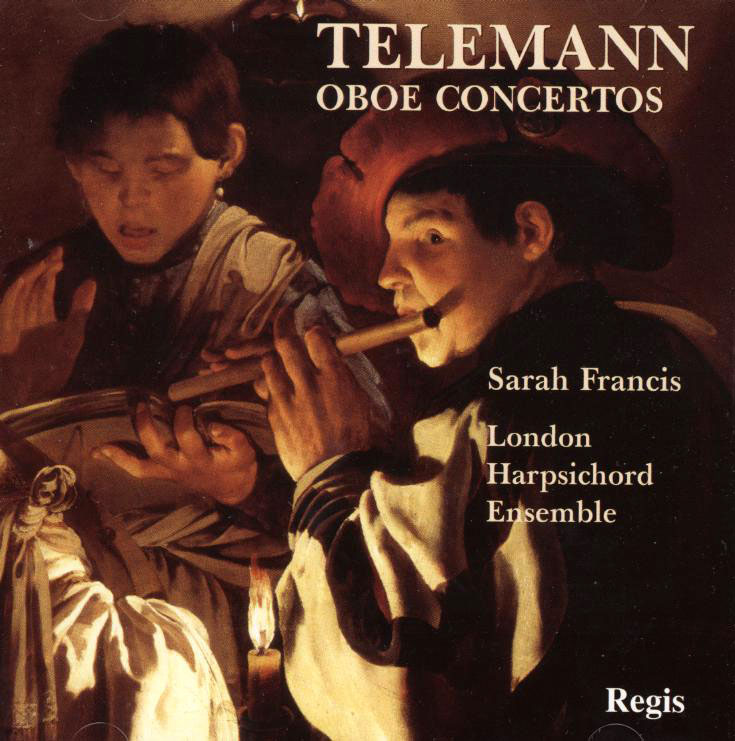Logowanie
Dlaczego wszystkjie inne nie brzmią tak jak te?
Chai Lang, Fan Tao, Broadcasting Chinese Orchestra
Illusive Butterfly
Butterly - motyl - to sekret i tajemnica muzyki chińskiej.
SpeakersCorner - OSTATNIE!!!!
RAVEL, DEBUSSY, Paul Paray, Detroit Symphony Orchestra
Prelude a l'Apres-midi d'un faune / Petite Suite / Valses nobles et sentimentales / Le Tombeau de Couperin
Samozapłon gwarantowany - Himalaje sztuki audiofilskiej
PROKOFIEV, Stanislaw Skrowaczewski, Minneapolis Symphony Orchestra
Romeo and Juliet
Stanisław Skrowaczewski,
✟ 22-02-2017
BARTOK, Antal Dorati, Philharmonia Hungarica
Dance Suite / Two Portraits / Two Excerpts From 'Mikrokosmos'
Samozapłon gwarantowany - Himalaje sztuki audiofilskiej
ENESCU, LISZT, Antal Dorati, The London Symphony Orchestra
Two Roumanian Rhapsodies / Hungarian Rhapsody Nos. 2 & 3
Samozapłon gwarantowany - Himalaje sztuki audiofilskiej
Winylowy niezbędnik
ClearAudio
Cartridge Alignment Gauge - uniwersalny przyrząd do ustawiania geometrii wkładki i ramienia
Jedyny na rynku, tak wszechstronny i właściwy do każdego typu gramofonu!
ClearAudio
Harmo-nicer - nie tylko mata gramofonowa
Najlepsze rozwiązania leżą tuż obok
IDEALNA MATA ANTYPOŚLIZGOWA I ANTYWIBRACYJNA.
Wzorcowe
Carmen Gomes
Celebrating the art and spirit of music - vol. 5 - Reference Songs
- CHCECIE TO WIERZCIE, CHCECIE - NIE WIERZCIE, ALE TO NIE JEST ZŁUDZENIE!!!
Petra Rosa, Eddie C.
Celebrating the art and spirit of music - vol. 3 - Pure
warm sophisticated voice...
SAMPLER - STS DIGITAL, Gregor Hamilton
Celebrating the art and spirit of music - vol. 2 - Love songs from Gregor Hamilton
...jak opanować serca bicie?...
SAMPLER - STS DIGITAL
Celebrating the art and spirit of music - vol. 1 - Leonardo Amuedo
Największy romans sopranu z głębokim basem... wiosennym
Lils Mackintosh
Celebrating the art and spirit of music - vol. 4 - A Tribute to Billie Holiday
Uczennica godna swej Mistrzyni
ELGAR, RAINIER, RUBBRA, Jacqueline du Pre, BBC Symphony Orchestra, Sir Malcolm Sargent, Norman Del Mar
Cello Concerto in E minor op.85 / Cello Concerto (1964) / Cello Sonata in G minor op.60
- Jacqueline du Pre - cello
- BBC Symphony Orchestra - orchestra
- Sir Malcolm Sargent - conductor
- Norman Del Mar - conductor
- ELGAR
- RAINIER
- RUBBRA
Jacqueline du Prè (1945-1987) played these two starkly contrasting concertos in the same Prom concert. Their idioms could hardly be more distant from each other. They were after all separated by some 45 years. I suspect du Prè found the language of the Rainier unappealing – certainly she did not go on to record it as she did the next year for the Elgar. Violent incongruity or tart contrast, the two works certainly polarized the conductors. Sargent, an Elgar stalwart but rarely a friend of the avant-garde left the podium to Norman Del Mar, ever the inspirational professional. This reading of the Elgar is well worth acquiring. The long final allegro is packed with revelatory and sensitive touches. For all of my lack of sympathy with Sargent I have to confess that he is splendid here. Sargent and du Pré strike celestial fire off each other – volatile tinder and flinty passion and this is recognized by the storm of applause from the Prommers. I am not sure I do not like this more than the classic EMI-Barbirolli although that is so much better recorded. One version it does not supplant is the CBS one du Pré made with her husband Daniel Barenboim in concert in Philadelphia in 1970. The smoke and flame of that live recording is sui generis; it is in my personal Hall of Fame. It too has its technical roughnesses but its trajectory and spirit are irresistible. As for Sargent, du Pré may have had to abandon him for Barbirolli in what was to become her classic recording (Elgar) but she did return to him for the Delius Cello Concerto with the RPO on 12-14 January 1965 (EMI 5041672). And that was in the same Kingsway Hall where on 19 August 1965 she recorded that iconic version of the Elgar. Both Rainier and Rubbra died in the same year. Their linguistic style could hardly be more different. Rubbra the traditionalist forged his way within the range offered by a tonal palette. He gripped listeners with spiritual gravity. Rainier in her single movement Cello Concerto is an apostle of dissonance and of a halting yet atrabilious emotionality. The cello solo has the fluent soulfulness of Bloch’s Schelomo which certainly suits du Pré. It is as if the cello is a passionate pilgrim traversing a seething landscape of tragedy, abrasion and spectral threat. Two years before the Royal Albert Hall concert du Pré gave her last concert with her mother Iris. This was at the Cheltenham Festival which for some years remained more accommodating of the British tonal tradition than London with its obsession with the shock of exclusivity and dissonance. Rubbra wrote his Cello Sonata for William Pleeth (du Pré’s much-loved teacher) following their return to civvie street at the end of the Second World War. The Sonata and the performance have a potent spiritual concentration. Du Pré sustains this as she also did in her magnificent Newbury performance of Rubbra’s Soliloquy – itself a miraculous survival despite primitive sound. The present Cheltenham performance of the Sonata captures the combustible riptide of Rubbra’s writing as in the furious passion towards the end of the first movement and in the middle Vivace flessibile. It is captured in clear and sturdy mono. The valuable liner-notes are by Tully Potter. Rob Barnett
























